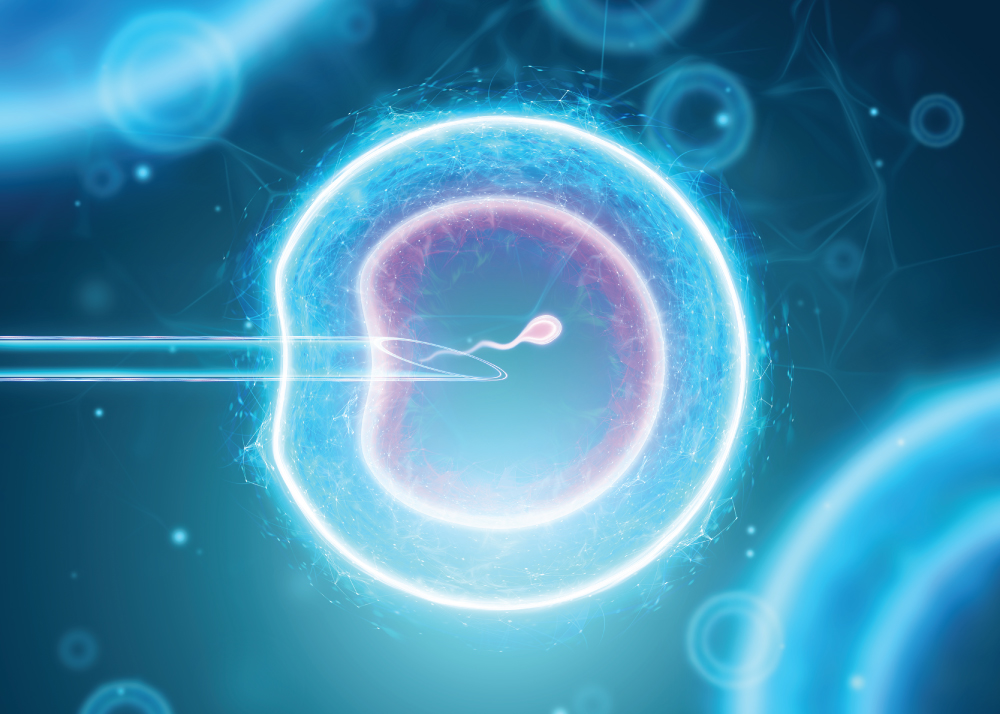-
About Mouwasat
About Mouwasat
Mouwasat Medical Services was Founded in 1975 in Dammam as an individual entity.
-
Academic Affairs & Researches
-
Contact Us

At Mouwasat IVF Center, we understand the emotional journey of trying to conceive. Our dedicated team is here to support you every step of the way, offering compassionate care & advanced fertility treatments to help you achieve your dream of parenthood.
What is Intrauterine Insemination (IUI)?
Intrauterine insemination (IUI) is a fertility procedure designed to assist couples in achieving pregnancy. It involves placing specially prepared sperm directly into the uterus, thereby increasing the likelihood of fertilization. This process helps the sperm reach the egg more efficiently.
Who Might Consider IUI?
IUI may be a suitable option for individuals and couples facing certain fertility challenges, including:
IVF is a fertility treatment that involves combining eggs and sperm in a laboratory setting. The resulting fertilized egg, called an embryo, is then transferred to the uterus.
ICSI is a specialized technique used in conjunction with IVF. It involves injecting a single sperm directly into an egg to facilitate fertilization.
When is ICSI Recommended?
ICSI may be a beneficial option in several situations, including:
PGT is a sophisticated screening method used in conjunction with in vitro fertilization (IVF). It analyzes embryos for potential genetic or chromosomal variations before they are transferred to the uterus. This process helps identify genetic disorders or chromosomal problems, allowing for the selection of embryos with the highest likelihood of resulting in a healthy pregnancy. PGT can be a valuable tool for couples seeking to improve their IVF success rates.
Is PGT Right for Me?
While PGT is not a standard part of every IVF cycle, it is often recommended for couples who have certain risk factors. The aim of PGT is to minimize the risk of miscarriage, unsuccessful IVF cycles, and the transmission of genetic conditions to offspring. Fertility specialists may suggest PGT in the following circumstances:
By identifying and selecting embryos without these variations, PGT can improve the chances of a healthy pregnancy and provide reassurance to couples undergoing IVF.
Sperm freezing, also known as sperm cryopreservation, is a process that preserves sperm for future use. This offers individuals the opportunity to have biological children at a later time, regardless of certain life circumstances. Sperm freezing provides flexibility and peace of mind in various situations, including:
Embryo freezing is a technique used to preserve embryos for future use. This offers couples the possibility of additional pregnancies without having to repeat the process of ovarian stimulation and egg retrieval. The advanced freezing method commonly used is vitrification, a rapid freezing process.
Why Freeze Embryos?
